
|
Scooped by Alfredo Corell |
Get Started for FREE
Sign up with Facebook Sign up with X
I don't have a Facebook or a X account
 Your new post is loading... Your new post is loading...
 Your new post is loading... Your new post is loading...
Sally Spoon's curator insight,
July 21, 2016 5:07 PM
List for Chromebooks!!
Sign up to comment

Ana Cristina Pratas's curator insight,
June 14, 2016 7:14 AM
Main findings
"The key finding of the study is that a common conceptual approach at European level, capable of supporting the development of digital capacity in educational organisations, is both desirable and attainable.
The DigCompOrg framework has seven key elements and fifteen sub-elements that are common to all education sectors. There is also scope for the addition of sectorspecific elements and sub-elements. For each of the elements and sub-elements of DigCompOrg, a number of descriptors were developed (74 in total). Diagrammatically, the elements, sub-elements and descriptors of DigCompOrg are presented as the sectors of a circle, with an emphasis on their inter-relatedness and inter-dependence." 
Prof.: Jorge Miguel Angel Aguirre's curator insight,
August 8, 2016 1:03 AM
Jorge Miguel Ángel Aguirre

Audrey's curator insight,
October 3, 2014 1:26 PM
These are certainly true. Have a look at www.hotmoodle.com

Bernard VULLIERME's curator insight,
October 20, 2014 5:30 AM
Rien de nouveau sous le soleil du bon e:enseignant, mais plus d'exigences …
clare o'shea's curator insight,
February 5, 2015 1:49 PM
and ask indviduals questions every 2-3 minutes - but always label the behaviour first! so it is a positive experience not a catching out!!

Nalya Ovshieva's comment,
June 27, 2013 6:04 AM
The overview of 21st Century Learning focuses on student mastery of 21st century skills indispensable to succeeding in work and life in the 21st century.

Ness Crouch's curator insight,
July 4, 2013 5:48 PM
This is an excellent summary of 21st Century learning!
Selin Gelinci's curator insight,
October 31, 2013 11:40 AM
This is a useful resource as it explores further into the framework for the 21st century learning. It combines a discrete focus on the outcomes, specific skillsa and content knowledge that should be gained through the learning program. The diagram helps understanding further into the support system and how it all collaborates. This is benefical to me as a future teacher as it gives me a clear understanding of how i can manage my time effectively and make sure i am always covering aspects that are relevant to the 21st century learning.
Sample Student's curator insight,
May 5, 2015 10:14 PM
We often ask our students to create annotated bibliographies, and this focuses on their capacity to evaluate and make decisions about the validity, reliability and relevance of sources they have found. using Scoop.it, we can ask them to do much the same thing, but they will publish their ideas for an audience, and will also be able to provide and use peer feedback to enhance and tighten up their thinking. This is relevant to any curriculum area. Of course it is dependent on schools being able to access any social media, but rather than thinking about what is impossible, perhaps we could start thinking about what is possible and lobbying for change.
Sample Student's curator insight,
May 5, 2015 10:18 PM
We often ask our students to create annotated bibliographies, and this focuses on their capacity to evaluate and make decisions about the validity, reliability and relevance of sources they have found. Using Scoop.it, we can ask them to do much the same thing. But they will publish their ideas for an audience, and will also be able to provide and use peer feedback to enhance and tighten up their thinking. This is relevant to any age, and any curriculum area. Of course it is dependent on schools being able to access social media. But rather than thinking about what is impossible, perhaps we should start thinking about what is possible, and lobbying for change. Could you use a Scoop.it collection as an assessment task? |

Spoken Perfectly's curator insight,
June 20, 2016 2:01 PM
Change the role of teachers? Yes. Replace them? No

Deb Nystrom, REVELN's curator insight,
June 21, 2016 9:02 PM
Education is going through disruptions, fueled by technology, social media as well as lessons learned on how people learn. 
Melissa Spears's curator insight,
June 22, 2016 2:58 AM
A very interesting article. Read on to know whether online learning is changing the role of teachers.

Begoña Iturgaitz's curator insight,
September 30, 2014 3:30 AM
Nuevas, nuevas no es que sean........y que todas dsarrollen todo su potencial en un futuro cercano, tampoco.... pero, desde luego sin perspectiva a medio plazo no vamos a ninguna parte.

Dean Mantz's curator insight,
January 17, 2014 12:38 PM
Thanks Robin for sharing this Curation guide on your scoop.it site. 
Anne-Laure Conté's curator insight,
December 14, 2015 3:04 AM
What about a test on this matter at the baccalaureat ?

Begoña Iturgaitz's curator insight,
June 13, 2013 11:44 AM
focus on chart. The other ideas are the ones we've been dealing with for...ten years? Nire iritziz taula da interesgarriena. Gainerako ideiek +10 urte? dauzkate.

Jimena Acebes Sevilla's curator insight,
February 2, 2014 6:06 PM
12 Principios para tomar en cuenta sobre m-learning. 
Trinity Garcia's curator insight,
March 26, 8:15 PM
These are interesting principles of Mobile Learning that educators should know if they are trying to implement this method. |



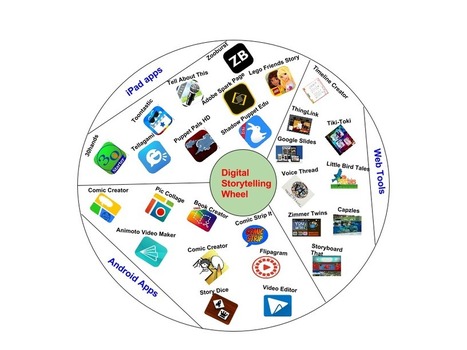

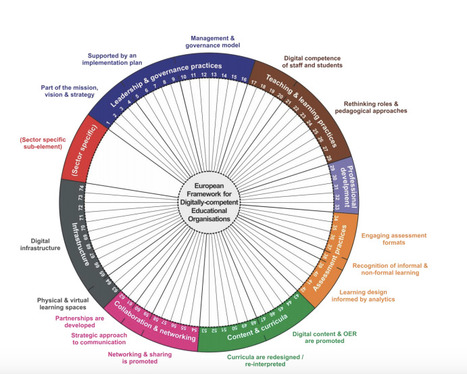
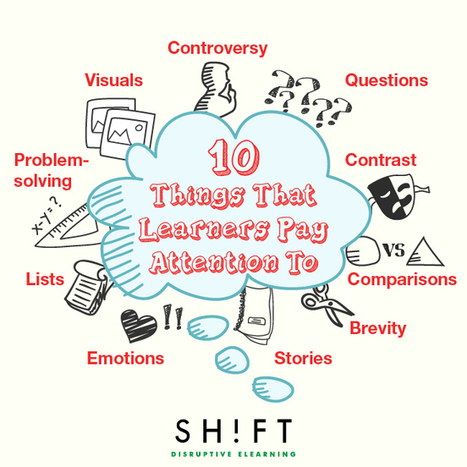
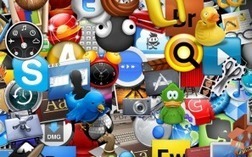

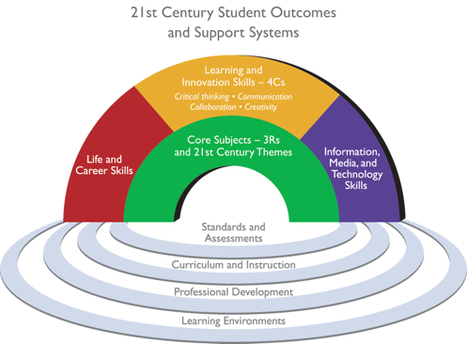
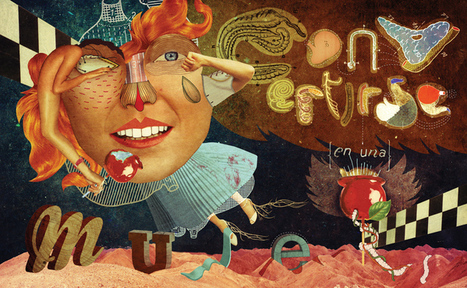


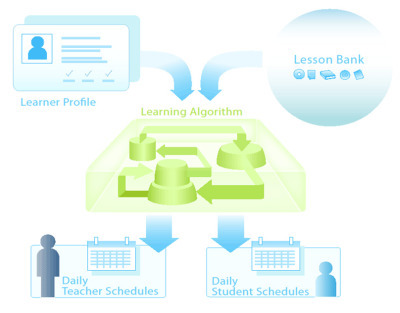


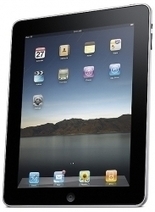


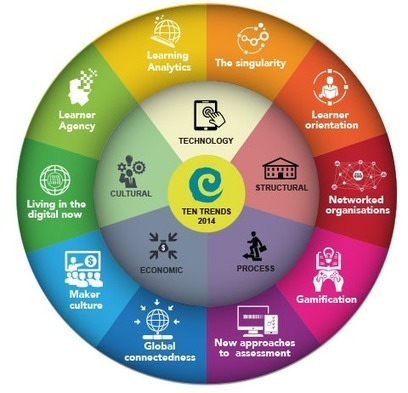


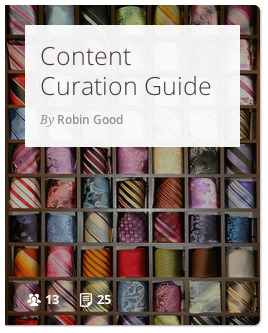




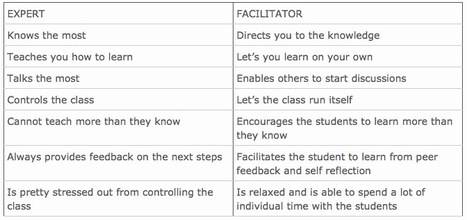


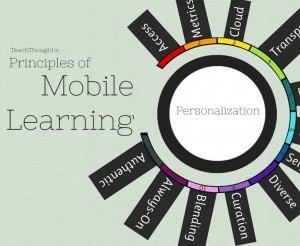

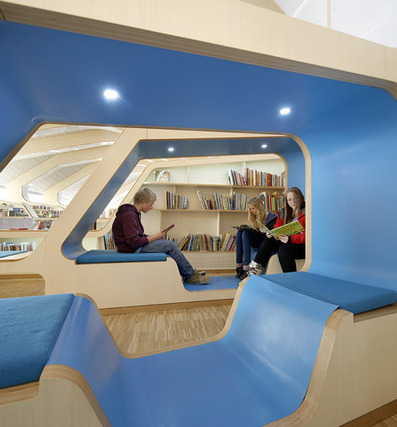


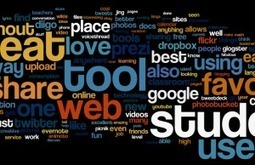





The digital storytelling wheel is a visual we created through Google Drawing based on a chart we have previously published here in EdTech and mLearning. The visual contains a number of educational apps and web tools that you can use with you students in class for digital storytelling projects. We have included apps for Android and iPad users as well as tools for web users. Check them out and share with us your feedback.
Here is the link to the larger format of the visual. You can download, print or share this work the way you want provided you credit us as the source.